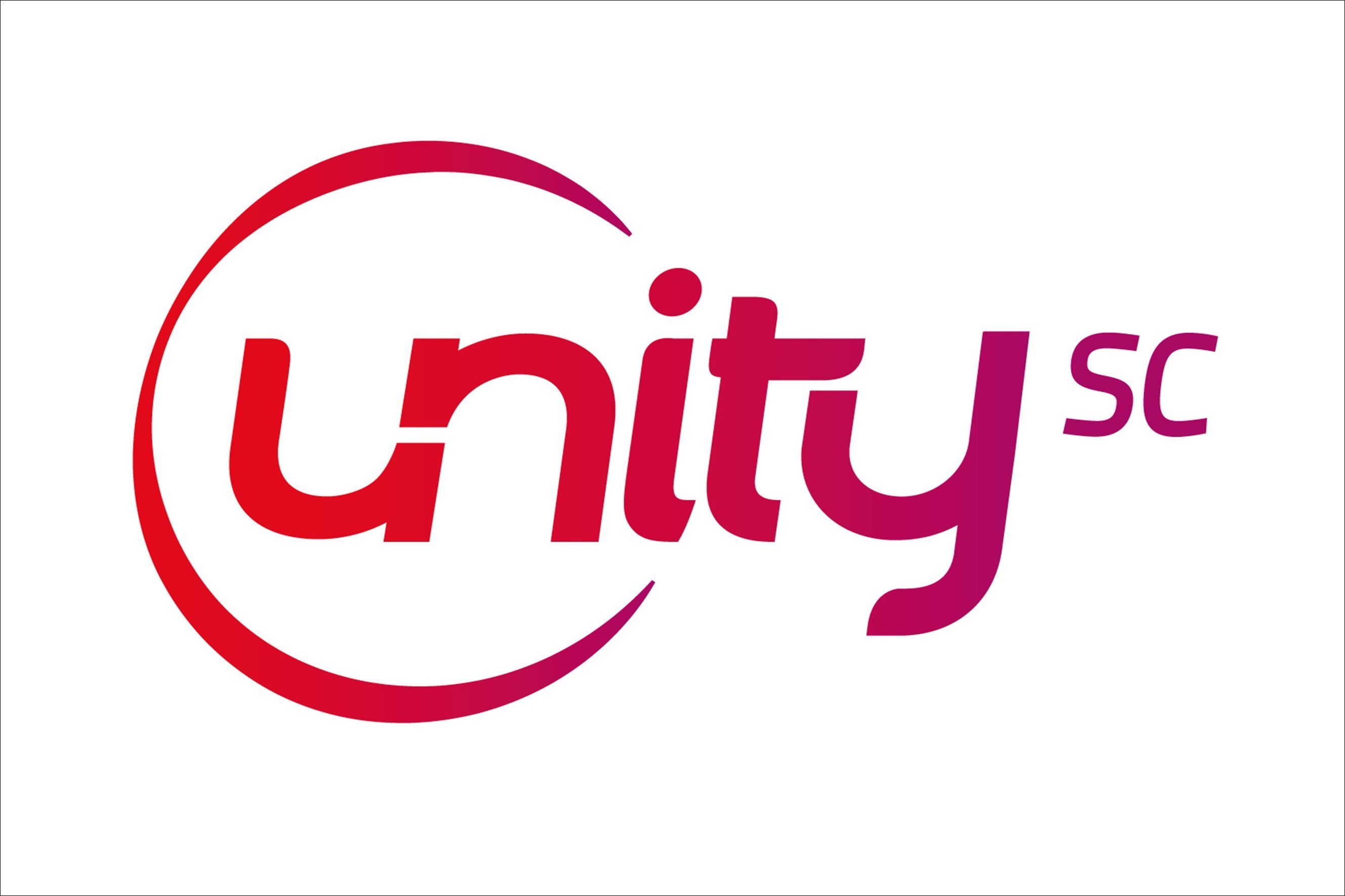Together with a key player in the VCSEL market, Unity-SC was able to improve their yield by sorting out wafers that presented defects only visible using the LIGHTsEE PSD™.
If not detected, these defects can lead to failure later in the process or after system delivery.

GRENOBLE, France, July 17, 2019 /PRNewswire/ — Over the last decade, VCSEL have shown an increasing interest in many fields for their unique optical and electrical properties, coupled with their high advantages in terms of in-line testing and manufacturability. Mostly based on GaAs wafers for Red to IR wavelength, they are widely used in Lidar and 3D recognition technologies. Thanks to automotive applications, Lidar market is growing fast, as the need for failure free devices. 3D sensing also represents a very large market, as smartphone manufacturers are now embedding such sensors for face recognition. As such, the need for high quality and reliability GaAs inspection systems is growing constantly.
On top of common Surface Scanning Inspection Systems (SSIS) and Automatic Optical Inspection (AOI) systems, UnitySC demonstrated its unique capacity of detecting otherwise invisible topographic defects. These defects are not visible on standard optical inspection systems, since they do not scatter or absorb light, and can only be revealed by their topography. While they have little impact on the structural quality of the substrate itself, they can lead to device failure later on the process. For example, during the production of the Bragg grating reflectors, these topographic defects can lead to wrong Bragg period or, in some specific cases, to stress-induced cracks. These failures can happen during the process or after system delivery under heat or stress conditions resulting in system failure.
Thanks to the Phase Shift Deflectometry technology (PSD) embedded inside the LIGHTsEE™ series, these defects can be easily detected. The PSD provides a full wafer, non-contact, high throughput solution with a height sensitivity below 5nm. Since the acquisition is made without moving the substrate, it is stress-free and compliant with any fragile substrate.
This technology was demonstrated with a major VCSEL manufacturer and revealed a yield improvement and a decrease in device failures by systematically supress dies impacted by such defects. Therefore, by using the PSD in incoming quality control, VCSEL manufacturers can further increase their yield and improve their supply chain.
About UnitySC
UnitySC, headquartered in Montbonnot, France, is recognized worldwide as a key player in inspection and metrology, combining advanced technologies in automated optical inspection and 3D imaging with high depth of focus line scanning, temporal-mode interferometry, spectrometry and phase shift analysis. This enables customers to deliver higher yields and achieve faster time to market. We provide standard and customized solutions adapted to specific industrial needs and constraints, enabling a new era in process control. Learn more at unity-sc.com.
Unity Semiconductor SAS
611 rue Aristide Bergès, Z.A. de Pré Millet
38330 MONTBONNOT SAINT-MARTIN (France)
T. 33-(0)-4-56-52-68-00 – F. 33-(0)-4-56-52-68-01
e-mail : contact@unity-sc.com
www.unity-sc.com
SOURCE www.unitysc.com
